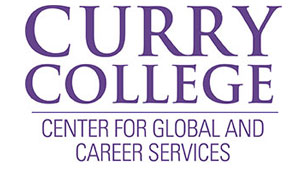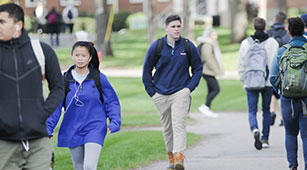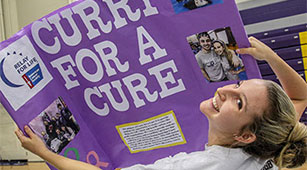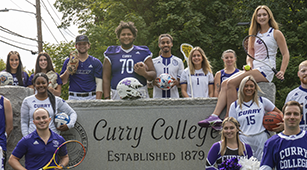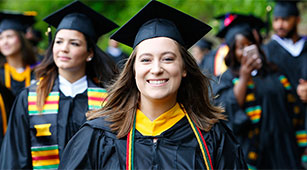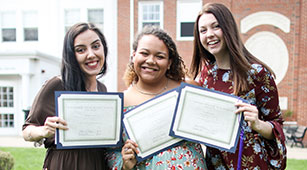Schedule an appointment to meet with the Center for Global and Career Services about your area of interest.
Make an AppointmentGathering Evidence
Sometimes, incidents of sexual assault, sexual harassment, intimate partner violence, and stalking leave little evidence. Even if you don't have evidence, that doesn't mean you can't file a report with Curry College or with law enforcement or use resources . Still, many types of evidence exist. Even if you do not anticipate filing a report or requesting legal protection orders, it is still a good idea to save what evidence you can.
If you are uncomfortable keeping the evidence yourself, consider keeping it in a separate and secret email account or with a trusted family member or friend.
Medical evidence may be obtainable for sexual assault, including rape, or intimate partner violence. Beth Israel Deaconess Medical Center is one of several hospitals in the Boston area that can collect medical evidence through a Sexual Assault Nurse Examiner (SANE) program. SANE exams can also provide treatment for and documentation of injuries, as well as providing pregnancy and sexually transmitted infection prevention. Medical evidence can be gathered at least five days after an assault . This page answers many questions about how medical evidence is gathered after a sexual assault.
Any communication about an incident can be useful evidence. Emails, text, and call records can be very useful in demonstrating how an incident occurred, even if they do not describe the incident and even if they are not between the perpetrator and the victim-survivor.
The same is true of posts on Facebook, Twitter, Instagram, and other social media sites. For this reason, try to keep a log of any related communications. Screen shots that you email to yourself can be especially helpful, as those will last even if someone removes the post and emailing to yourself provides some timeline verification. Asking your friends and family to provide you with any documentary evidence they have can also be helpful.
Stalking is a pattern of behavior that occurs over time and intimate partner violence often is too. For this reason, keeping a log of incidents can be helpful for gathering evidence. You can download this log, which includes resources for Curry College community members.
For Curry College, a witness does not need to be an eyewitness. A witness can be anyone who has important information about an incident. Think about who knows about the incident and what they might be willing to share. It is important for all witnesses to be honest and only share information that is true.

